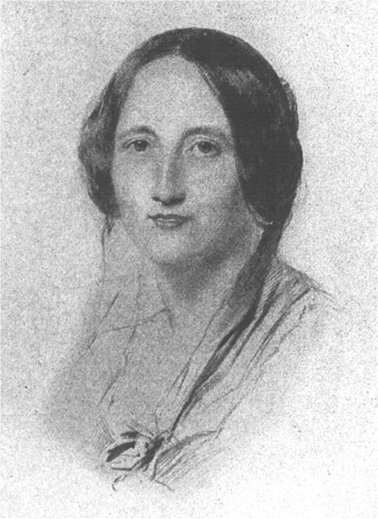North & South
March 15th, 2011
No, I’m not preparing for the 150th anniversary of the beginning of the Civil War (well actually I am, but this post has nothing to do with that). North and South is the title of an 1855 novel by Elizabeth Gaskell. The titular directions refer to the north and south of England, known for manufacturing and peaceful farming respectively.

Originally published as a serial, I downloaded North and South from Google Books for free and read it on my *gasp* digital reader device. I am the first to expound on the pleasures of a well-bound book. But having neither the space nor the funds to arrange a sufficient “real” library for myself, I whispered my desire to a generous papa, and was pleased to accept his gift of a virtual book. As an added bonus, it also allows me to read rare and obscure books that I should not have been easily able to obtain in hard copy, no matter my resources.
You may wonder at my featuring two books in a row. I generally write about a book as soon as I have finished it, in hopes that the impressions created will still be fresh in my scattered brain. I finished Tess on Sunday morning, just as I came down with an unpleasant spring cold. So Mrs. Gaskell’s light (by comparison with Hardy) narrative has kept me company while sniffling and sneezing. All 600 pages in a little over 24 hours…
Though written a mere score or so of years earlier than Hardy’s works, Mrs. Gaskell is still smack in the middle of the religious mania that colours most mid-19th century novels. Her story was filled with scenes of professed Christians offering wise counsel to those who were reluctant to believe, and making amazing progress in their conversion through verbal argument. It’s also singular to see the import placed on small doctrinal differences, as Hardy did with Angel Clare in Tess nearly to the point of parody. It may seem a bit silly to us today, but at a time when nearly everything you did flowed out of your unquestioning faith, not only in God, but in the Church, it is understandable. Every loving hope rested on eventual reunion in heaven, and if you were taught that only some would be allowed to enter through those pearly gates, figuring out how to assure your place — and the place of those you cared for — became truly a matter of life and death.
Oddly enough, I didn’t cry for any of Hardy’s characters, though I felt their pain more sharply. I will admit however that I had tears running down my face at various points in North and South. Mrs. Gaskell, perhaps because her social message was a bit more subtle, refrained from the more extreme rhetoric that reduced me to pathetic sobbing while reading Uncle Tom’s Cabin (coincidentally another story of the North and the South), but she still managed to dwell overlong on certain scenes in a way that only mid-19th century lady authors seem able to do.
